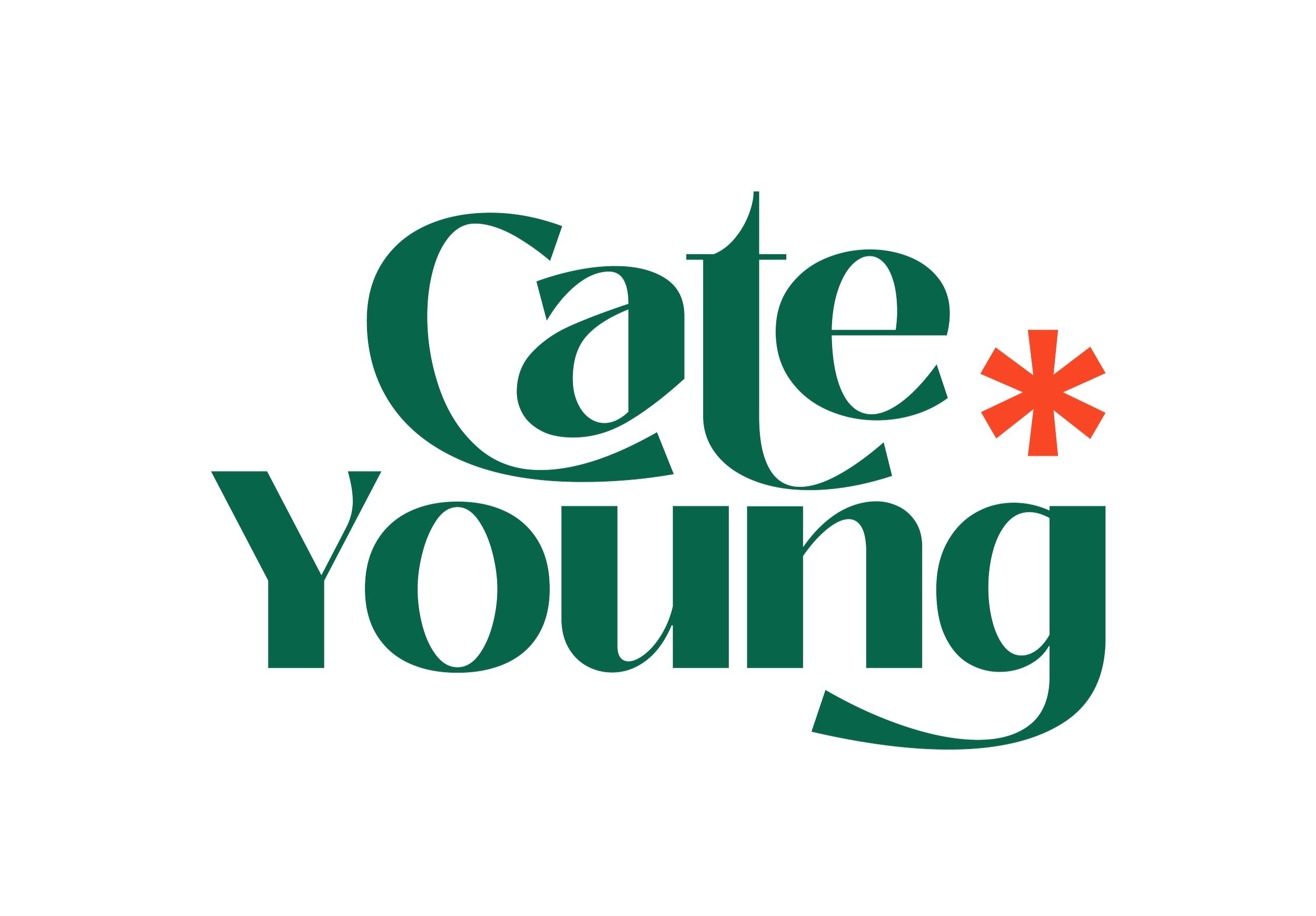"The Crimes of Grindelwald" Despises Harry Potter Canon
The extended Wizarding World has become the red-headed stepchild of the gorgeous novels that J.K. Rowling wrote so long ago, and the worst part is that she is leading the charge in destroying the thing so many have loved, and Fantastic Beasts: The Crimes of Grindelwald is proof.
It’s a little difficult to describe the kind of disappointment that comes along with seeing something you love implode. As a reader who grew up immersed in the Harry Potter universe, the prospect of more story had always appealed to me. I had gone through the most difficult times of my life alongside teens I loved who were fighting on the front lines of a war, and leaving them just as their futures seemed brightest never sat well with me. But the extended Wizarding World has become the red-headed stepchild of the gorgeous novels that J.K. Rowling wrote so long ago, and the worst part is that she is leading the charge in destroying the thing so many have loved, and Fantastic Beasts: The Crimes of Grindelwald is proof.
While the visual effects remain stunning, the issues with the film are so extensive it’s daunting to even try to list them. From shoe-horned characters with little to no motivation, to dodgy racial politics to female characters who revolve entirely around men, the engaging and interesting world that has captured our imaginations is steadily shredded to bits throughout the movie’s two hour runtime.
The biggest issue is that the plot makes little to no sense. Grindelwald, the OG Wizard Hitler (not to be confused with the other, future Wizard Hitler, Voldemort) has predicted the upcoming second world war, and so believes that in order to prevent it, wizards should… oppress muggles? And as wizards take their rightful place at the top of the human order, they will be free to live in public, no longer constrained by the International Statute of Secrecy that keeps the magical and muggle worlds separate. Which is better for muggles because… wizards are better or something? And if you think Grindelwald’s motivations are suspect and muddy, that doesn't come close to the baffling change of heart of Queenie, the last film’s breakout character. Forbidden from marrying her muggle boyfriend with the threat of prison time should she defy wizard law, Queenie joins with Grindelwald because by some trick of logic, subjugating muggles and making them second class citizens would make it… easier and less stigmatized to love them as equals? It’s all very confusing.
On top of Wizard Hitler recruiting ordinary wizards to his side in alt-rightesque rallies, he is also searching for Credence, the Obscurial from the last movie, believing that he’s the only one who can kill Albus Dumbledore. Credence is searching for his mother, tired of living without a history, and desperate to know where he came from. Dumbledore meanwhile is trying very hard to trick Newt Scamander into fighting his battles for him, because due to being in love with Grindelwald (or so Rowling claims, despite refusing to show it), the two made a blood pact as boys swearing never to fight each other, rendering him unable to step in as Grindelwald rises to power.
And that is all happening alongside the introduction of Leta Lestrange and the bizarre love triangle/square between her, Newt, Queenie’s sister Tina and Newt’s brother Theseus. I won’t bore you with the details, but the important part is that Credence is rumored to be Leta’s long lost brother, his dangerous nature proof that the Lestrange family is suspect and criminal. But nope, it turns out that Credence is just the baby that Leta switched her favoured younger brother with as a child as they were escaping the Titanic. Yes, that Titanic. Why? Rowling alone knows. Instead, Credence is the supposed lost Dumbledore son, conveniently never mentioned in any part of Harry Potter fiction before now.
In addition to the entirely too bloated script, the movie is just a complete slog. It’s far too long, and would have benefited from some judicious editing. Rowling is a wonderful novelist, but should leave the screenwriting for a more practiced had. Her famed fastidious plotting and penchant for Easter eggs and clues goes out the window here as she tries to mishmash existing story points into a new frame that was never meant to hold it. As a result, nearly all the characters are sold short, doing a disservice to the story as a whole. The plucky, determined Tina is reduced to a jealous child, Queenie’s lighthearted charm turns into hardened bigotry and Newt’s implied autism becomes a quirk rather than a character trait. And that’s to say nothing of the atrocious treatment of the film’s two main female characters of colour: Nagini, an Asian woman, is introduced to us inside a literal cage, a maladictus cursed to eventually take a snake form forever, and Leta, a biracial black woman, sacrifices her life for two white men after having spent the film a mere cipher and object of their affections. When I asked for more diversity in the HP universe, this wasn’t what I meant.
To add insult to injury, basic canonical rules of the magical world are broken at will, in whatever manner the plot demands. One of the pleasures of the novels was learning the rules of the world and working within them solve problems and create new ones. But here, timelines are muddied, difficult magic is ubiquitous, the physics of travel is undone, and essential historical and magical facts are simply trampled over. Viewers less invested in the Harry Potter franchise may find the film magical all the same, but there’s no getting around the fact that The Crimes of Grindelwald is a disappointing sequel that actively undermines the stories that came before it.

